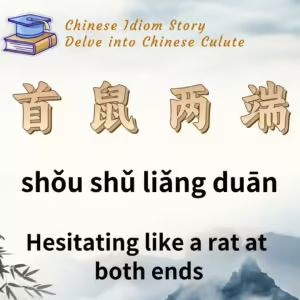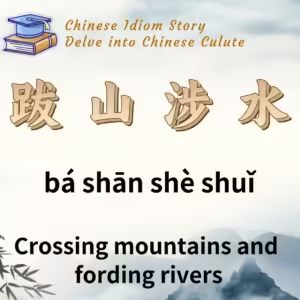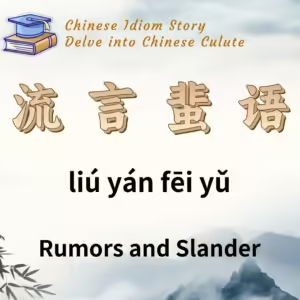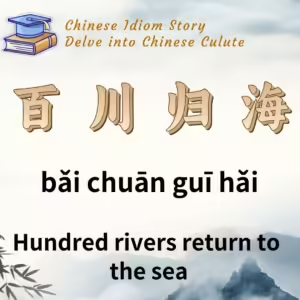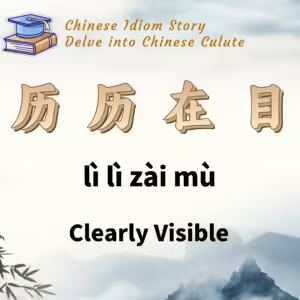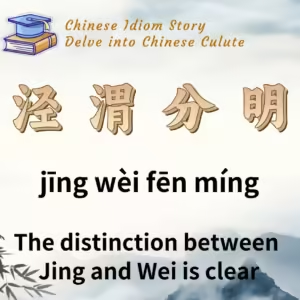
Chinese Idiom: 泾渭分明 (Jing Wei Fen Ming)
English Translation: The distinction between Jing and Wei is clear
pīn yīn: jīng wèi fēn míng
Idiom Meaning: This phrase is used to describe two things that are entirely different and clearly distinguishable.
Historical Source: The Book of Songs (《诗经》) – Han Feng: Gu Feng (邯风·谷风).
Idiom Story:
The expression originates from a poem in The Book of Songs that compares the muddy waters of the Jing River and the clear waters of the Wei River. Both rivers originate in Gansu and converge in Shaanxi, but their characteristics are markedly different. The Jing River is known for its muddy water due to the silt it carries, while the Wei River has clearer water. When the two rivers meet, their contrasting waters are visually distinct, symbolizing the clarity of their differences.
In one section of the poem, the lines state:
“泾以渭浊,提提其让。”
(Compared to the muddy Jing River, the Wei River is clear.)
The poem expresses a feeling of lamentation and separation. The speaker reflects on their situation, feeling isolated and abandoned, as the new couple revels in their happiness without concern for others. The lines highlight the contrast between the two rivers while also conveying deeper emotions about personal loss and longing.
Over time, the phrase “泾渭分明” has come to represent situations where distinctions between two entities are stark and unmistakable, serving as a metaphor for clarity in various contexts, whether in moral issues, opinions, or characteristics.

